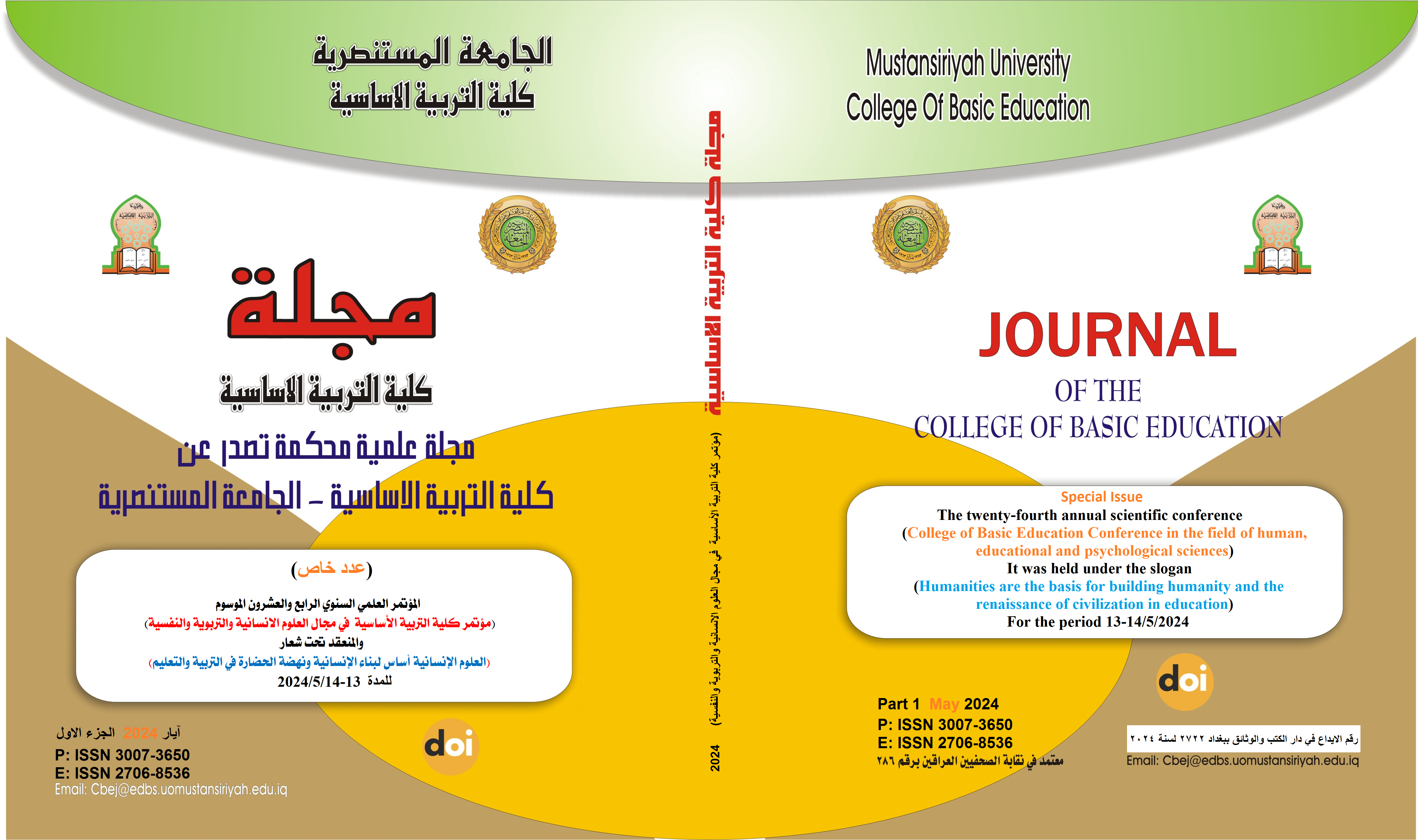Exploring Aspects Of Efl Speaking Anxiety From The Prespectives Of Iraqi Medical Undergraduates
Main Article Content
Abstract
The purpose of this study is to investigate speaking anxiety in EFL from the viewpoints of Iraqi undergraduate medical students. This includes examining the factors that lead to the anxiety and the consequences that the anxiety has on the participants. It also lists the methods these students used to lessen their speaking fear. Teachers' and students' semi-structured interviews were the two methods used to gather data. Fifteen students and five teachers from the Technical Institute for Medicine-AlMansoor participated. Thematic analysis was used to analyse the data. The results showed that the classroom setting, lack of time management, unfamiliar topics, fear of making mistakes, concern of receiving a poor grade, and language ignorance were the main causes of speaking anxiety among Iraqi medical undergraduate students. Based on the students' comments, three main consequences were identified: academic, social, and personal. The results also showed that four strategies—cognitive, meta-cognitive, emotional, and memory—were employed by EFL Iraqi medical undergraduate students to get over their speaking fear. The study has demonstrated that a variety of circumstances, negatively affecting the students' academic, social, and personal lives, contributed to the speaking anxiety experienced by Iraqi medical undergraduate students. In order to improve the teaching of English in Iraq, the Ministry of Education, course developers, and teachers must address a number of difficulties regarding the origins of speaking anxiety as reported by the students.
Article Details

This work is licensed under a Creative Commons Attribution-ShareAlike 4.0 International License.
